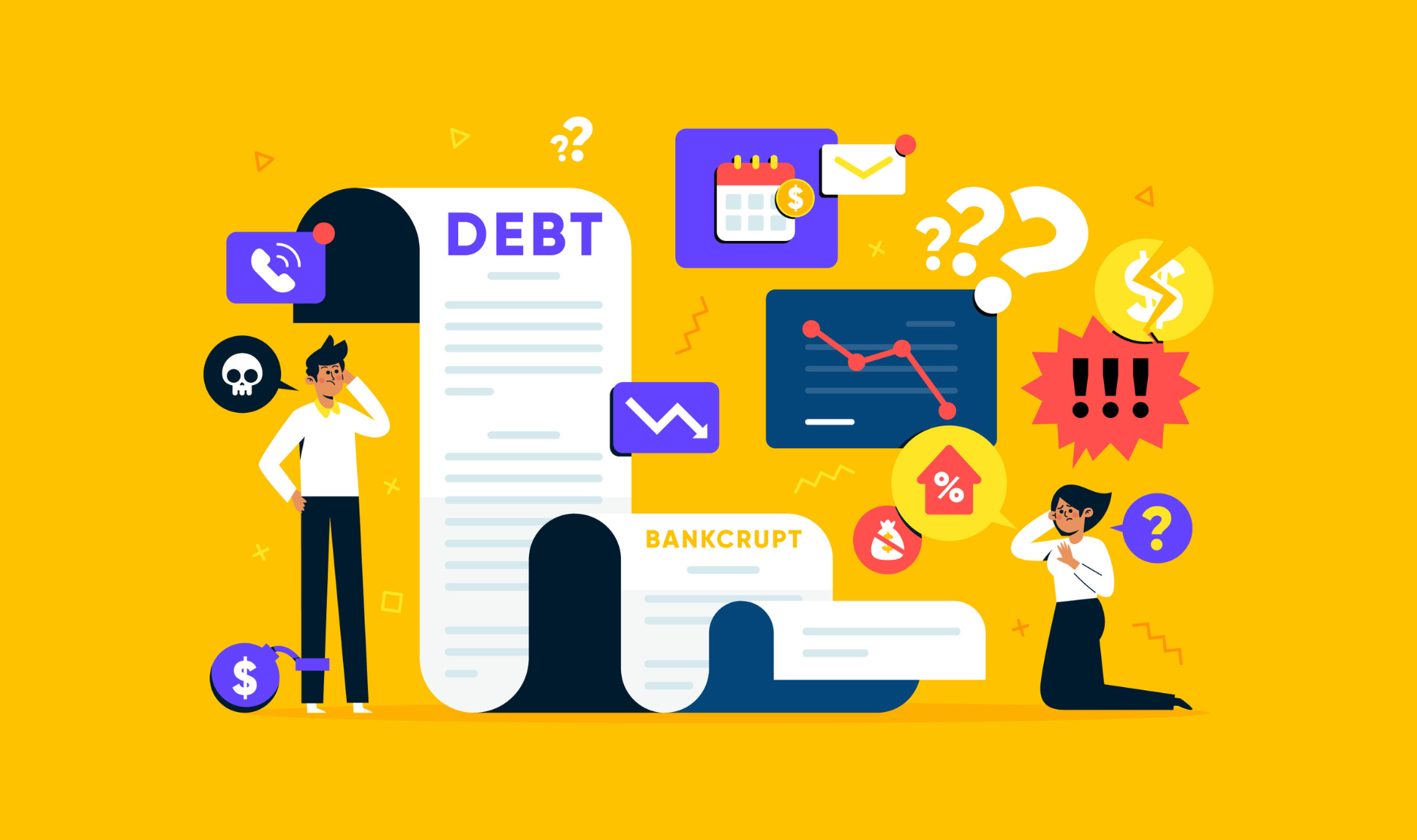5 Debt Management Tips That Will Work Best
2 Mins Read
Published on: 26 September 2025
Last Updated on: 29 September 2025

Successful debt management is a key to achieving financial health and reaching long-term objectives. You can save money and minimize stress—whether you have credit card balances, student loans, or mortgages—when you manage debt in the most prudent way.
In case you have debt issues or simply want to keep your money affairs in check, here are five debt management tips that will work best for you.
1. Create a Clear Budget and Track Your Expenses
The initial step to dealing with debt is to understand where your money is going every month. Begin by making a budget that covers your income, expenses, and debt payments.
Monitoring your expenditures will help you identify areas where you can cut back and free up more money to pay off your debt. Utilize budgeting apps or spreadsheets to stay accountable and regularly review your budget, laying the groundwork for a more financially stable life.
2. Consider Diversifying Your Debt Portfolio
In addition to personal debt management, some investors and companies engage in the market to buy and sell debt instruments (ซื้อขาย ตราสาร หนี้) such as bonds, notes, or other fixed-income securities. The approach can assist in diversifying the risk and earning interest benefits.
Understanding how debt instruments operate can also provide insight into how creditors manage debt. What’s more, you can feel empowered to deal with or refinance the debt.
3. Prioritize High-Interest Debt First
High-interest debt, such as a credit card balance, can get out of control very easily when not handled properly. Pay off these debts initially since they are the most expensive to pay interest on.
Make minimum payments on all other debts. However, it’s advisable to allocate any extra funds to your highest-interest accounts. This is often referred to as the debt avalanche method, which makes you save more on interest and be debt-free sooner.
4. Bargain with Creditors for Better Terms
When your debt is overwhelming, call upon your creditors. Most lenders would negotiate lower rates, forgive fees, or establish payment plans, particularly when you tell them the truth about your financial circumstances. An improved payment plan can ease your monthly load and ensure that your debt does not increase.
5. Do Not Bury Yourself in Debt
It’s vital to settle existing debt as a top priority. Never acquire new debt unless there is an absolute necessity. This translates to restricted usage of credit cards, avoiding unnecessary borrowing and spending by staying within your means. Setting an emergency fund would also eliminate the need to rely on credit when unexpected costs arise.
Let’s Wrap It Up
Debt management is all about discipline, planning, and informed decision-making. Through budget control, familiarization with various other debt types, giving high-interest debt first priority, debt negotiation, and avoidance of new debt, you can manage your finances and ensure a debt-free future. Remember, there is no immediate response to the debt issue, but with these handy tips, you are almost on your way to being economically sound for longer.



















Comments Are Closed For This Article